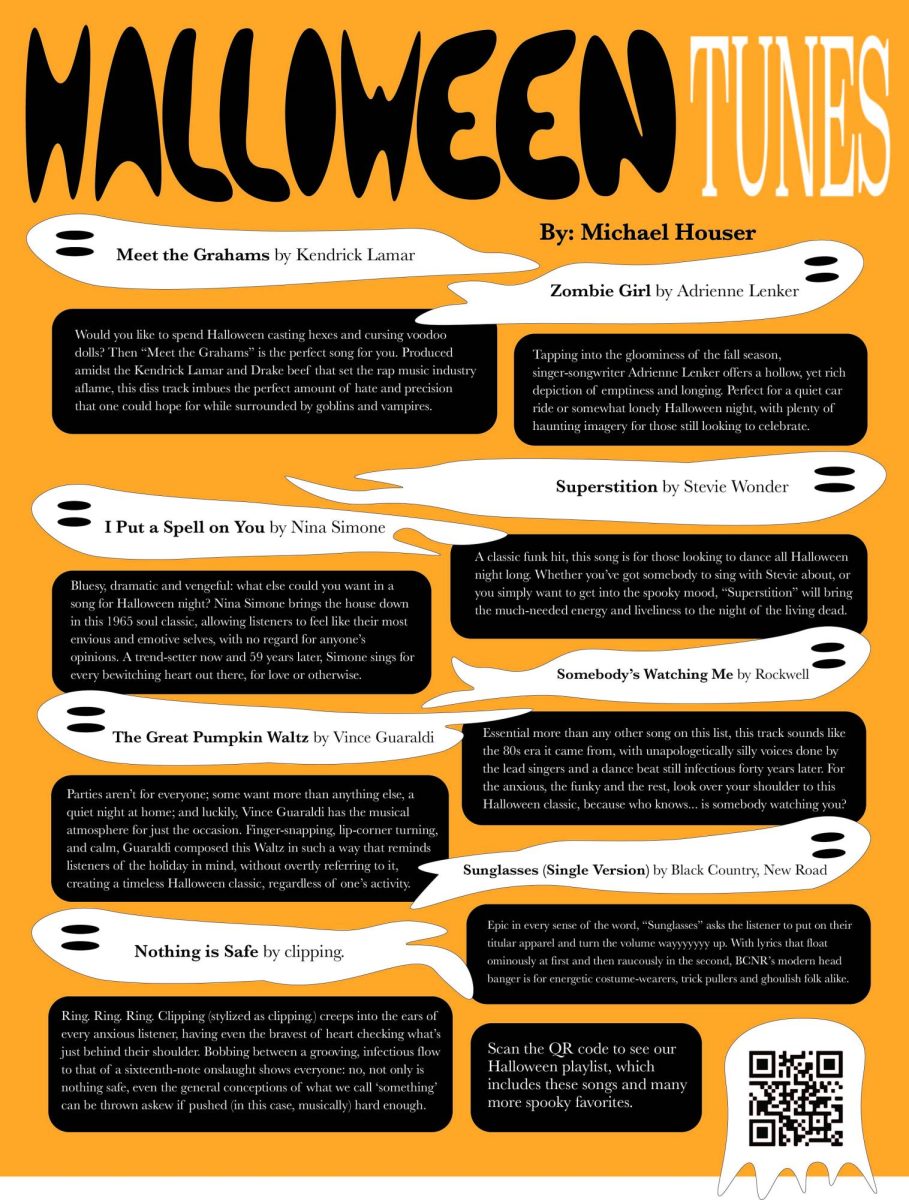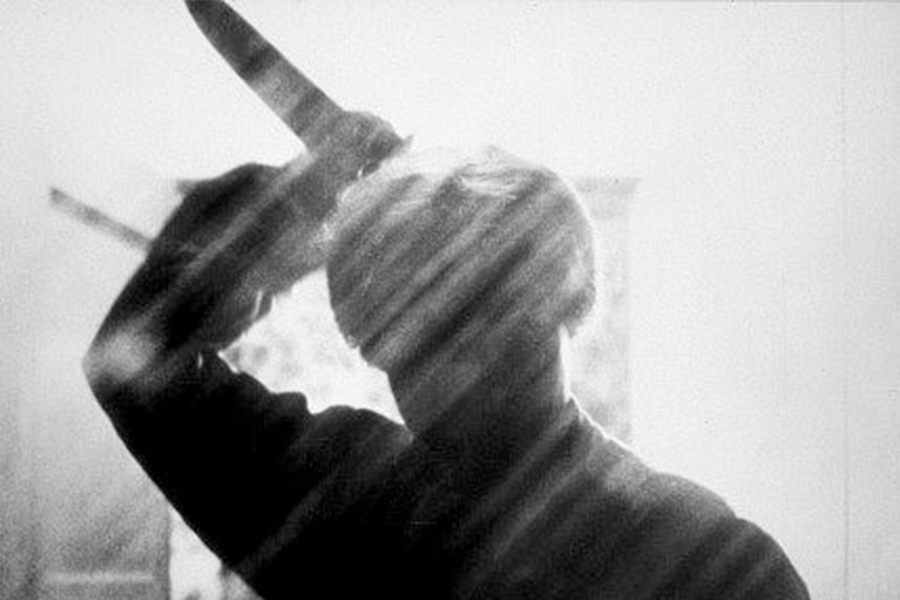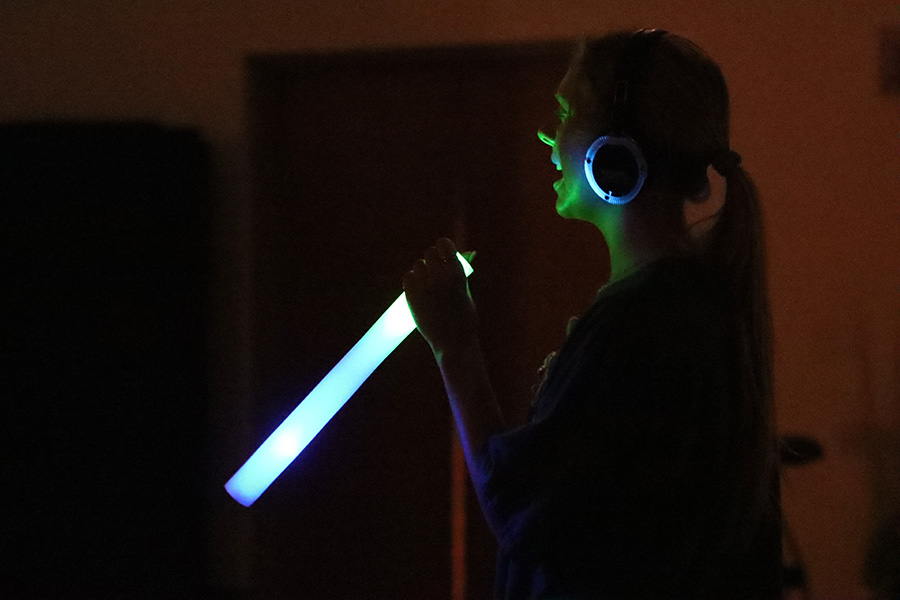The year is 1994 and Rudy Giuliani just took office as mayor of New York City.
The sounds of Notorious B.I.G. are just starting to pour out of oversized boomboxes and flood the city streets, and the new mayor hasn’t completely snuffed the smell of marijuana or erased all of the graffiti from the walls.
In Jonathan Levine’s film, “The Wackness,” Luke Shapiro, played by Josh Peck, is a thuggish geek fresh out of high school trying to work his way through his last summer before college. His only friends are the peers who buy drugs from him for parties he isn’t invited to and his shrink, Dr. Squires, who trades sessions for smokes.
To Shapiro, life is just a boring blur full of pain and disappointment. His love life leaves a lot to be desired and his father, though determined not to, seems destined to land his family an eviction notice from their apartment.
Despite his resistance, the only hope Shapiro seems to have is in his kindred lost soul shrink, who it turns out, probably needs twice as much counsel than any of his patients.
Shapiro and Squires are no fools to the fact that life brings pain, strife and a lot of disappointment. But together, and with a little help from the opposite sex, the two learn that all of life’s bitterness usually exists to make the good things in life that much sweeter.
Squires’ stepdaughter and Shapiro’s dream girl, Stephanie, breaks through Shapiro’s shell, leaving the insides slightly less intact that they were when she found him.
The ending might even leave the audience with a warm and fuzzy feeling despite the curve ball Shapiro throws when he realizes the “dopeness” of life can exist alongside the “wackness” as long as there’s a way to balance.
In a cast packed full of former innocents like Mary-Kate Olsen and Olivia Thirlby, Peck shows that he has grown up since his days as Drake’s quirky, over-the-top sidekick in Nickelodeon’s teen favorite, “Drake and Josh.” He proves that he’s no longer that chubby little kid who makes bad jokes all the time.
With lines like, “I’ve got mad love for you shorty, for realz yo,” Peck helps portray the now ancient early ’90s culture with a humorous charm that defeats the feeling that the flick might just be too accurate, corny and possibly, at times, uncomfortable to sit through.







